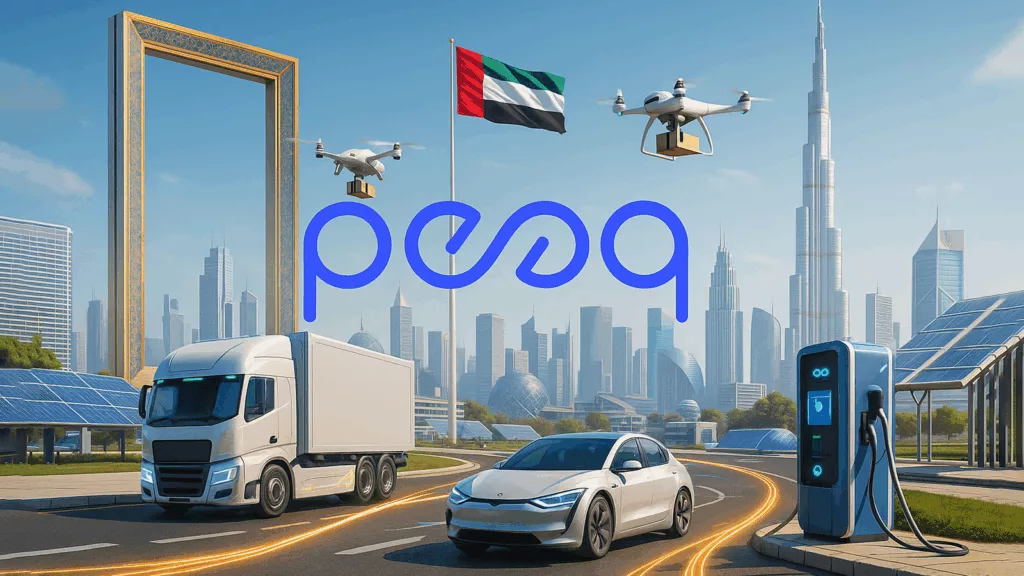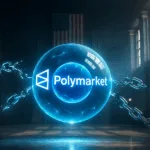-
Dubai’s VARA inks MoU with peaq to craft regulation for DePIN, on-chain robotics, and tokenized machines.
-
The Machine Economy Free Zone (MEFZ) gets formal recognition and projects on peaq gain clearer pathway to licensing.
-
Pilot schemes like Universal Basic Ownership (UBO) target fair distribution of machine-generated profits.
peaq, the layer-1 blockchain driving DePIN (Decentralized Physical Infrastructure) networks, has signed a Memorandum of Understanding (MoU) with Dubai’s Virtual Assets Regulatory Authority (VARA) to regulate the ever-growing machine economy. Under the agreement, VARA will work with peaq to develop guidelines for on-chain robotics, tokenized machines, and DePIN projects.
The announcement was made during GITEX GLOBAL 2025 and outlines collaboration on compliance training, co-hosting of licensing guidance events, and bridging builders to VARA’s licensing processes.
Recognizing the machine economy free zone
At the heart of the pact is formal recognition of peaq’s Machine Economy Free Zone (MEFZ), first launched in July 2025 as a sandbox for testing machine-driven, tokenized systems. VARA will support MEFZ initiatives on a case-by-case basis, and peaq will feed the regulator anonymized ecosystem data to inform policy design.
Newsletter
Get weekly updates on the newest crypto stories, case studies and tips right in your mailbox.
VARA will offer support selectively, facilitating targeted conversations with decision-makers in Dubai. Meanwhile, peaq will supply VARA with data tied to the MEFZ, propose regulatory guidance for the machine economy, and highlight major obstacles hindering the sector’s development.The two parties have agreed to collaborate on drawing and educating professionals with both technical and compliance expertise in the machine economy.
Engineering a human-centric machine economy
This is not just about regulation: the MEFZ aims to enable practical experiments in machine tokenization and shared ownership. Early pilots include Universal Basic Ownership (UBO), a mechanism to distribute income generated by autonomous machines directly to affected individuals or communities.
Use-case trials already underway on peaq include robot cafés that pay tokenholders per sale, decentralized air-quality networks, virtual power plants composed of community devices, and noise monitoring using smartphones.
With the MoU, Dubai signals its ambition to become a global benchmark not only in crypto regulation but in the governance of intelligent, revenue-generating machines. VARA views the deal as a path toward safe, sustainable growth in this new asset class.
For peaq, the move strengthens its status as a backbone for the machine economy. The network already hosts over 60 applications across 20+ industries and has grown its DePIN ecosystem rapidly.













